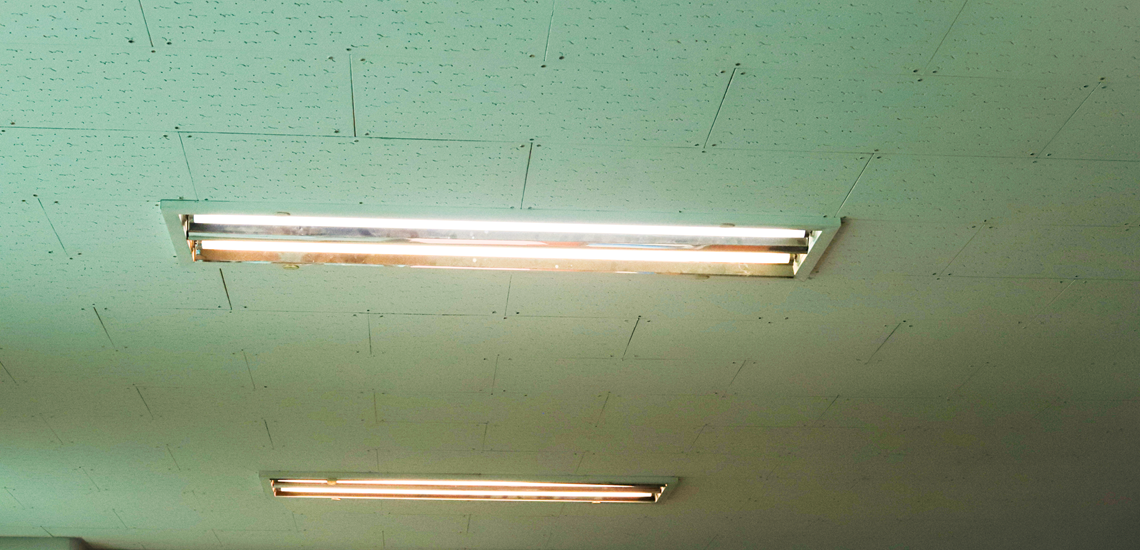1st Floor, Suite 213, Hyundai Mall,
Central Honiara,
P.O.Box 650,
Honiara,
Solomon Islands
T: (+677) 39542
T: (+677) 39543
F: (+677) 39544
E: services@solomonchamber.com.sb

Wednesday 22nd August, Honiara - Businesses have lost revenue and assets due to the prolonged power outages.
Solomon Islands Chamber of Commerce and Industry’s (SICCI) survey on the Impact of Load Shedding on its membership highlight loss of revenue, adjustment to business operations, delay in production and service delivery and damage to frozen and cold goods.
From the survey, 52% of the survey respondents stated that they experienced power outage more than four times a week, 37% experiencing power outage two times a day, 7% stated that they experienced power outage once a day, and 4% experienced power outage three times a week.
61% of the respondents stated that the power outage has led to loss of revenue, while 86% stated that they have experienced a huge drop in productivity. 79% indicated that the power outage has caused disruptions in customer services and increased operational costs.
54% of the respondents had difficulties in meeting timelines and 39% of the respondents indicated that power outage is responsible for operational failure.
The survey also found that 48% of the respondents have had to adjust their business operating hours due to load shedding, resulting in no service or sales leading to revenue loss.
On service delivery, 70% of the survey respondents indicate experiencing delay in the delivery of their products or services, 59% of the respondents indicated reduced customer satisfaction, 37% reported a loss of customers and 33% of the respondents’ indicated impacts in other business operating areas.
In terms of property loss, in the survey refers to property such as computers, cold room refrigeration units and gensets.
Businesses indicated that using backup generators not designed for the heavy loads required due to the prolonged shedding, has resulted in fatigue and maintenance issues, increased fuel and maintenance costs.
Other concerns highlighted were the constant power spikes that damage computers and other electrical devices, also leading to increased costs in repair and maintenance and purchasing of replacement equipment, an expensive and time-consuming excise for businesses when parts have to be ordered outside of the country.
The load shedding has also forced 59% of the survey respondents to invest in backup power sources to mitigate the impact of load shedding – another very expensive exercise for businesses.
Respondents have suggested in the survey some mitigation that would help to alleviate the situation for businesses;
SICCI notes that Solomon Power has implemented some of the recommendations but urges that more needs to be done and urgently.
The Solomon Islands Chamber of Commerce (SICCI) is an organisation that represents the interests of businesses in the Solomon Islands. It was established in 1958 and is dedicated to promoting and developing commerce and industry in the country. It currently has over 200 members, 60% of which are SMEs and includes businesses based in the provinces.
Solomon Islands Chamber of Commerce & Industry
1st Floor, Suite 213, Hyundai Mall,
Central Honiara,
P.O.Box 650,
Honiara,
Solomon Islands
T: (+677) 39542
T: (+677) 39543
F: (+677) 39544
E: services@solomonchamber.com.sb
Want to connect with local business and investments?